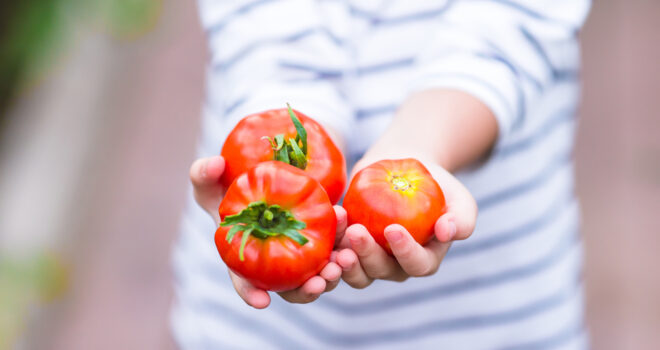What current issues are linked to the development of food guidelines in France? How does history shape the country’s food culture? Two speakers from France raised these questions at the 2017 Louis Bonduelle Conference.
This year was the 10th Louis Bonduelle Conference. It was held on the theme of food cultures and the changes and perspectives associated with them (#LBFconference).
Let’s take a closer look at the lectures given by two speakers from France: Leïa Mion, recipient of the 2015 Louis Bonduelle Research Award (Aix-Marseille University), and Marie Josèphe Amiot-Carlin, research and nutrition director at INRA Montpellier.
When archaeology reflects food culture
The biological, socio-economic and cultural changes and constraints in French history reflect today’s dietary behaviour. Leïa Mion reached this conclusion by studying history and archaeology.
Bones found around the Mediterranean have been subjected to isotopic analysis at the Mediterranean Laboratory for Prehistory in Europe and Africa (LAMPEA). This revealed multiple dietary practices, for example with respect to proteins, which changed through time and as the populations themselves changed.
Food resources do therefore have a cultural dimension that is not insignificant, as well as a socio-economic dimension.
See Leïa Mion’s presentation (in French)
Promoting a positive and sustainable diet
How can the nutritional situation of the French be improved? That was the public health challenge launched in 2001 by the National Nutrition and Health Programme (Programme National Nutrition Santé, PNNS), which Marie Josèphe Amiot-Carlin is involved in.
It is a question of promoting a positive and sustainable diet in France by creating new dietary guidelines that respond to today’s goals and preferences:
- Reducing exposure to risky substances in food.
- Making the guidelines feasible for the population.
- Confirming the benchmark of “at least 5 portions of fruit and vegetables a day”.
- Creating a special place for pulses and beans.
This approach is developing a more sustainable diet in accordance with the benchmarks for consumption. Marie Josèphe Amiot-Carlin believes that it is possible to eat well while reducing France’s impact on the environment, for example by reversing the ratio of animal proteins to vegetable proteins. These are new avenues of exploration that are constantly developing.



 Tomato
Tomato  Purslane
Purslane  Vegetable garden: growing black radish
Vegetable garden: growing black radish 









